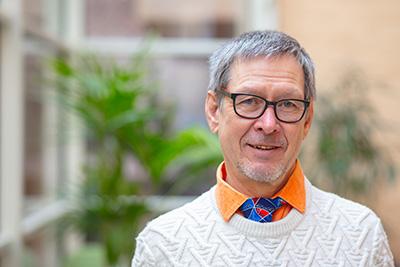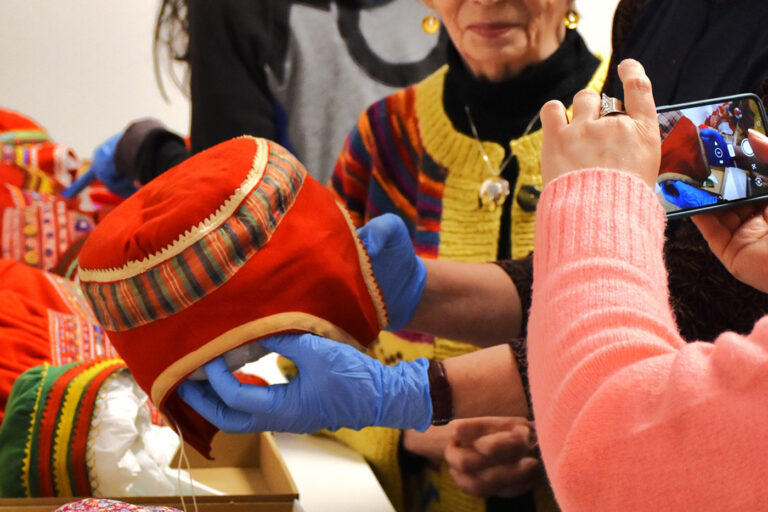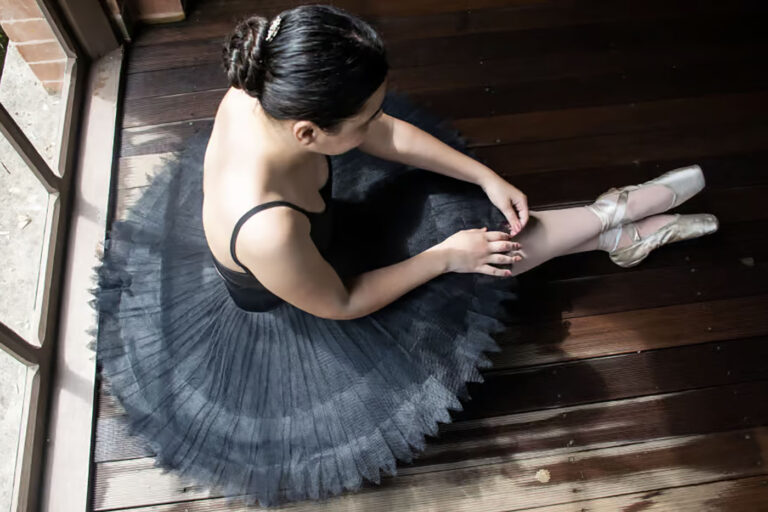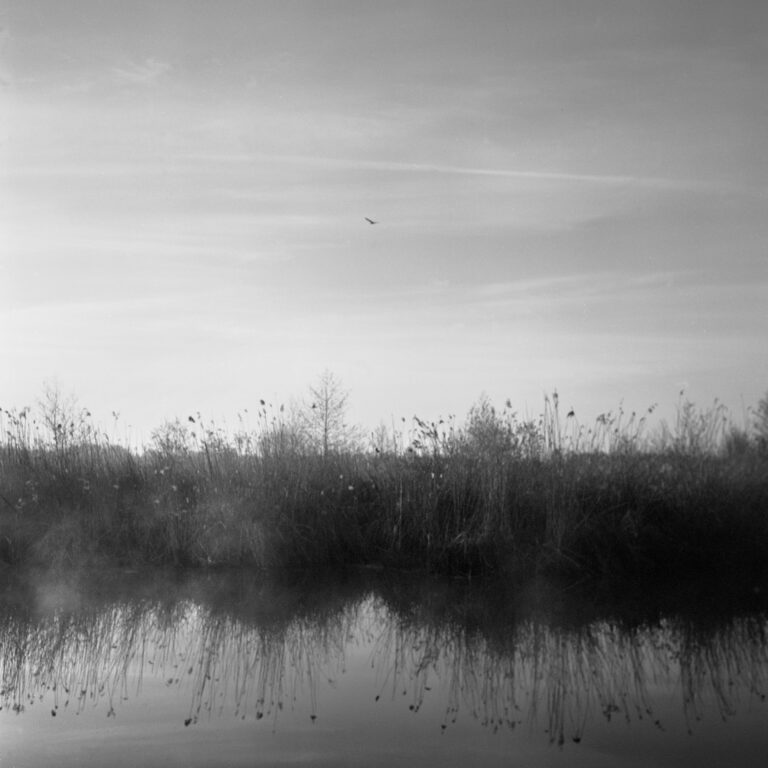Eleven projects have been selected by the research programme Future Challenges in the Nordics
Eleven projects have been selected for funding as part of the research programme, Future Challenges in the Nordics – People, Culture and Society. The projects represent everything from digital health and law to climate research and cultural studies. The total amount of financing is about 10.5 million euros.
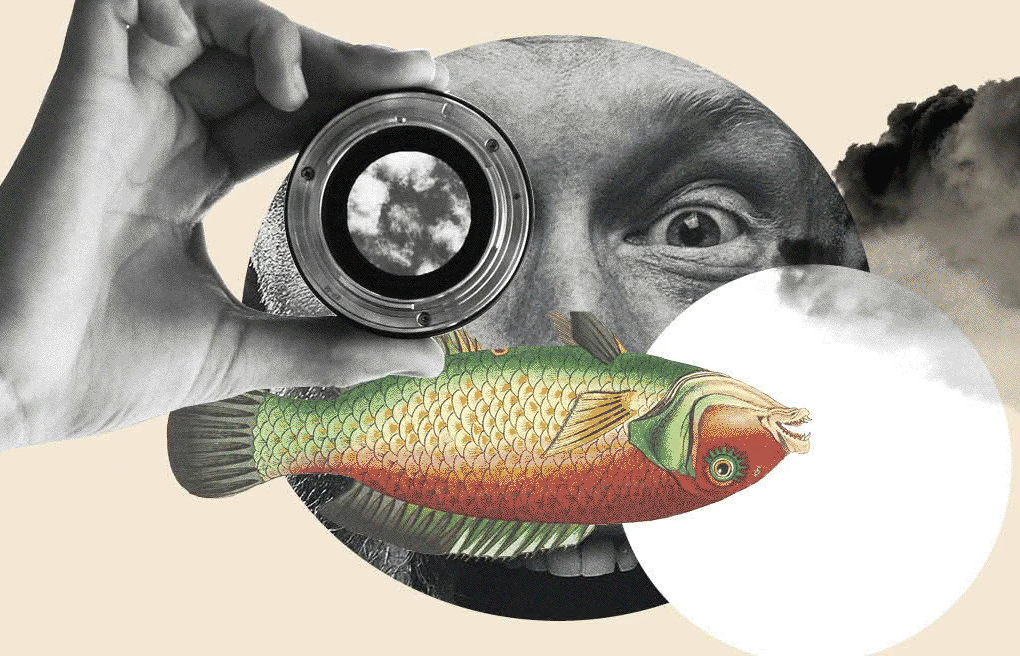

Future Challenges in the Nordics is a seven-year research programme that stimulates research within humanities and social sciences in the Nordics. The programme focuses on the large societal challenges of the 21st century and how those challenges are understood and handled within the Nordic societies. During the spring, the programme received 449 applications for funding and now the final selection of 11 applications has been made.
The research programme emphasises multidisciplinarity and cooperation across national borders in the Nordics. Researchers from Finland, Sweden, Norway and Denmark will participate in the 11 selected projects, and around 30 research disciplines will be represented. Tom Moring, the chairman of the programme’s steering group, is very satisfied with the projects that are financed.
– The chosen projects are multidisciplinary and they combine social sciences and humanities in a new way. They also have a clear relevance for society and represent a wide range of research disciplines. The interest in the programme among researchers was great and the applications were of such a high quality that all of the financiers chose to increase their original funding amount. In the last stretch of the application process we also got a new financier in the Kamprad Family Foundation.
The research programme is funded by the Finnish foundations The Society of Swedish Literature in Finland, The Swedish Cultural Foundation in Finland, The Finnish Cultural Foundation, and Stiftelsen Brita Maria Renlunds minne. In Sweden, Riksbankens Jubileumsfond and The Kamprad Family Foundation are funders. The aim of Future Challenges in the Nordics is for scientifically sophisticated research undertaken under the auspices of the programme to also concretely benefit society.
For more information about Future Challenges in the Nordics – People, Culture and Society, please visit futurenordics.org or contact
Christer Kuvaja
Head of Research
Society of Swedish Literature in Finland
+358 40 152 2314
christer.kuvaja@sls.fi
Out of the eleven projects, four are taking place at universities in Finland and seven in Sweden
In the project Ethnic stereotypes over time – a Nordic comparison, researchers from Sweden and Finland are studying how and why stereotypes about national minorities and immigrant groups have changed between 1955 and today. The aim is to increase knowledge about the relations between ethnic groups and by doing so enable predictions about how the relations will evolve in the future. The project is taking place at the Institute for Futures Studies in Sweden with PhD Moa Bursell as the leader. The researchers represent the fields of sociology and Nordic studies. The project was granted 670,000 euros for four years.
The project Tackling Precarious and Informal Work in the Nordic Countries (PrecaNord) is looking into how sustainable the Nordic model is considering the changes to the labour market, with more and more people having uncertain or informal working conditions. Researchers from the fields of sociology, social anthropology, economics and migration studies from Finland, Sweden and Norway are studying the existence and trends of uncertain and informal work in these countries. The project takes place at the University of Helsinki and the project leader is Associate Professor in Sociology, Lena Näre. The project was granted 950,000 euros for four years.
The project The Automated Administration: Governance of ADM in the public sector is concerned with how automated decision making can be implemented without endangering the fundamental rights, good administrative practices and trust in public institutions. Researchers from Sweden and Finland representing socio-legal research, political science, media and communication studies, science and technology studies (STS) and legal dogmatics are participating in the project, which is taking place at Lund University. The project leader is Stefan Larsson, Associate Professor in Technology and Social Change. The project was granted 950,000 euros for four years.
The project Demography and democracy – Healthy ageing in a digital world focuses on how people over the age of 75 have access to digital healthcare services. The aim is to prevent digitalisation leading to differences in health and digital gaps among the older population in the Nordics. The project takes place at Lund University and involves researchers from Sweden, Denmark and Finland working in the fields of communication studies, digital health, sociology of health and illness, social work and gerontology. The project leader is Helena Sandberg, Associate Professor in Media and Communication Studies, Lund University. The project is financed by Familjen Kamprads stiftelse and was granted 990,000 euro for four years.
The project Peripheral Visions: When global agendas meet Nordic energy peripheries studies how renewable energy transformation is imagined, carried out and contested in the northern parts of Sweden, Finland, and Greenland. The project involves researchers from the areas of history of science and technology, environmental history, social anthropology, human ecology, political science, ecology, and social science energy research. The project leader is Erland Mårald, Professor in Science and Ideas at Umeå University, where the project takes place. The project was granted 950,000 euros for three years.
The project Unpacking the contention between openness and security in the Nordic region: Digital public surveillance practices at three state borders is looking into how surveillance based on artificial intelligence and machine learning is used at the border of Sweden, Norway and Denmark. The aim is to point out the tension between openness and safety, where the increased safety risks encroaching on the integrity of the individual. The project takes place at the University of Gothenburg with Elena Raviola, Professor in Design Management, as the leader. Researchers from the areas of design studies, informatics, sociology, legal studies, science and technology studies and organisation studies from Sweden, Denmark and Norway are participating in the project. The project was granted 990,000 euros for four years.
In the project The Future of Nordic Youth in Rural Regions: A Cross-national Qualitative Longitudinal Study in four Nordic Countries researchers from Finland, Sweden, Denmark and Norway are studying young people’s life experiences, future plans and sense of belonging to the countryside with a disappearing and aging population in all Nordic countries. The research has touchpoints with history, sociology, education, cultural studies and geography. The project is taking place at the University of Jyväskylä and the project leader is Kaisa Vehkalahti, Adjunct Professor of Cultural and Social History. The project was granted 900,000 euros for three years and eight months.
The project Nordic basic schools as past, present and future sites for solving the challenges of making diverse inclusive knowledge-based societies studies how the basic school as a physical location has contributed to social togetherness, inclusion and exclusion from the 1970s until today. The emphasis is especially on how material changes and digitalisation have influenced and changed the social coexistence at school in the Nordic countries. Researchers from Finland, Sweden, Denmark and Norway are participating in the project and they represent the areas of education, history and applied linguistics. The project, which was granted 900,000 euros for four years, is taking place at Åbo Akademi and is led by Fritjof Sahlström, Professor in Education.
The project Fossil Free Futures: Divestment across the Nordic countries studies the driving forces that are motivating Nordic pension funds to divest in fossil fuels. The aim of the project is to better understand actors of change, their tools and practices in initiatives to divest pension funds. The project is taking place at the University of Stockholm and it was granted 870,000 euros for three years. The project leader is Linda Soneryd, Professor in Sociology, and the other participants are researchers from Sweden, Norway and Denmark in the areas of sociology, science and technology studies, economic sociology and climate change.
The project The Future of Diverse and Disadvantaged Neighborhoods in the Nordic Welfare States — The Voices of Residents conducts surveys among the residents in urban living areas with ethnic diversity to hear their thoughts about their surroundings. The project also wants to create methods to hear people who would not normally participate in studies. The project is taking place at the University of Gothenburg with Peter Esaiasson, Professor in Political Science, as the leader and it was granted 850,000 euros for three years. Researchers representing political science and urban geography from Sweden, Denmark, Norway and Finland are participating in the project.
The project Keeping New Money on Board. The New Nordic Wealth Elites and the Future of the Welfare Mode studies the new wealthy elites, especially IT and finance elites, and their attitudes towards the values that create the foundation of the Nordic welfare state. Will these elites challenge the Nordic model and its staples, such as high taxation and a large public sector? The project is taking place at Tampere University. The project leader is Hanna Kuusela, Docent in Media Culture. The researchers for this project come from Finland and Sweden and they are specialists in sociology, communication studies, cultural studies and business administration. The project was granted 900,000 euros for three years and nine months.
Future Challenges in the Nordics – People, Culture and Society is a seven-year research programme that stimulates research within humanities and social sciences in the Nordics. The programme focuses on the large societal challenges of the 21st century and how those challenges are understood and handled within Nordic societies. The research programme finances eleven research projects with a total amount of 10.5 million euros. The aim is that the research benefits society by producing findings that are easy for citizens and decision-makers to access. The research programme is financed by The Society of Swedish Literature in Finland, The Swedish Cultural Foundation in Finland, The Finnish Cultural Foundation, Stiftelsen Brita Maria Renlunds minne, Riksbankens Jubileumsfond and The Kamprad Family Foundation.
